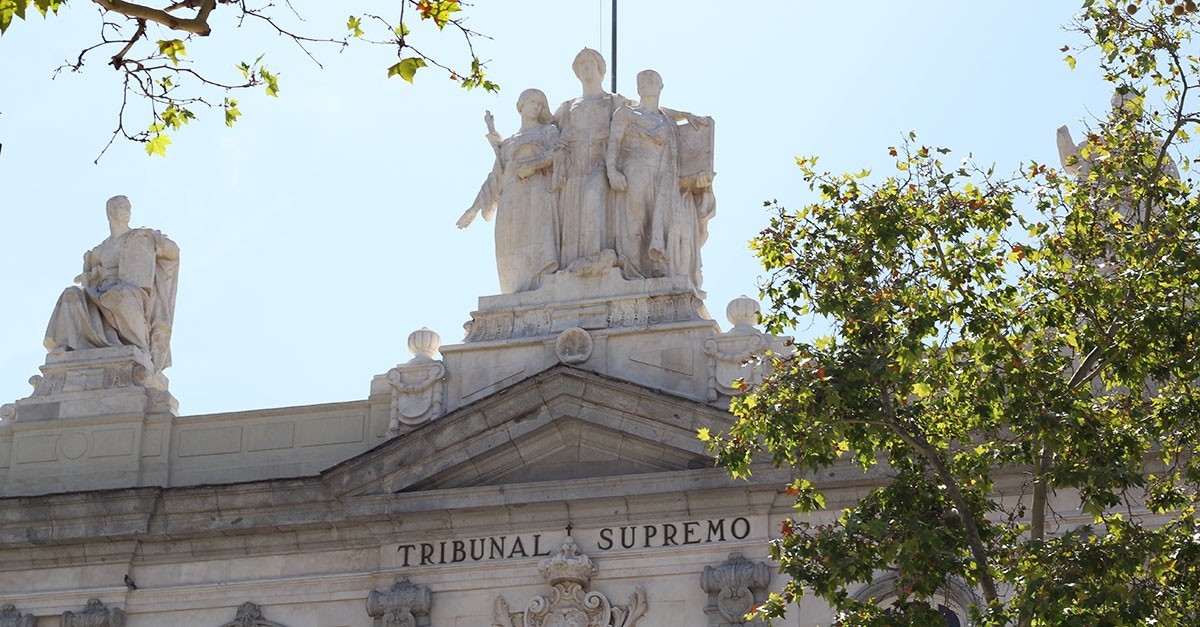
When buying or inheriting a property, the owner may be subject to a value assessment by the Tax Authorities, to check that they are paying enough tax for the property. This is why the Supreme Court once again stresses that expert appraisers must visit the property, and not complying is inexcusable for the Administration. It deems that it is the only way to know the state of the property, its qualities, orientation or conservation. Furthermore, with an appraiser's report, the property's value is specified technically.
José María Salcedo, managing partner of Salcedo Tax Litigation, reminds us that there are many verifications of values made on properties after having paid the property tax (for buying a used home) or the inheritance and gift tax and on which there has not been a technical visit by an Administration-approved appraiser.
In his opinion, many Economic-Administrative Courts (TEAR) agree with the taxpayer, annulling the liquidation issued. Still, they re-order the retroaction of the proceedings so that the Administration can issue a new liquidation, this time sending an appraiser to the property to value it accurately. However, in a recent ruling, the Supreme Court has rejected this practice.
The expert from Salcedo Tax Litigation points out that, although with the new Cadastre reference value coming into force, there are no longer so many value checks, there are still many notifications to taxpayers, and how? On the one hand, relating to purchases, inheritances or donations made before 1 January 2022, the date when the new Cadastre reference value came into force. On the other hand, it concerns transfers after that date of properties that were not assigned a reference value.
And the appraiser's visit to the taxpayer's home, who has received a value assessment settlement, is compulsory. In the Supreme Court's recent ruling of 30-10-2023, it was established as a doctrine of interest to the court that "When it concerns the appraiser's valuation of the administration of a rural property, an on-site visit is required unless otherwise justified. It shall not suffice for the expert to state in his report that he has used, as a source of information, the data contained in a technical computer application or database, such as the Geographical Information System of Agricultural Plots (SIGPAC) or similar, especially when there is insufficient evidence in the proceedings of the use of such applications or computer databases".
No appraiser inspection: Formal or substantive fault?
Not having an appraiser visit is considered a possible formal fault in the settlement that generates defencelessness. However, in a recent judgement of 27 June 2023 related to value checks, the Supreme Court maintains that this type of unlawful procedure, by deviating from the manner of checking established by jurisprudence, constitutes a substantial or material defect. Consequently, not receiving an appraiser's visit is not merely considered a formal fault but a substantive issue leading to the infringing act's nullity. Salcedo maintains that, therefore, it is not appropriate to order the proceedings to be reversed, which would mean that the Administration would have to issue a new settlement to correct the taxpayer's failure to have an appraiser's valuation.
Balearic Islands' TEAR position: annulment with no reversal of proceedings
This doctrine of the Supreme Court has already been adopted by some TEARs, such as that of the Balearic Islands. In two recent decisions, this court stated that not having an appraiser's valuation – when the appraiser opinion method is used – does not constitute a simple formal fault susceptible to retroactive proceedings but a substantive fault that requires the annulment of the contested tax assessments.
Can the Treasury charge the taxes again?
Even if not having an appraiser's valuation is considered a substantive fault, the administration has the right to recharge. The "double shot" doctrine, upheld by the Supreme Court since 2012, allows the administration to correct infringing actions as long as there is no statute of limitations and the same fault that led to the annulment is not repeated.
However, if the new assessment again incurs the same defect that led to the annulment of the first one, the Supreme Court has established that a third assessment cannot be issued.
Appeal against TEAR's decision that upholds the taxpayer but orders the proceedings to be reinstated
It is common that, despite tha lack of an appraiser's valuation, the TEAR partially upholds the claim, annulling the assessment but ordering the proceedings to be reversed. In this scenario, the taxpayer can appeal the TEAR's partially upholding decision in administrative litigation. Supreme Court case law establishes that waiting for new assessments to challenge the substantive issues rejected by the TEAR is unnecessary.
New settlements in compliance with the TEAR ruling
The managing partner of Salcedo Tax Litigation reminds us that, during the appeal process, the Administration may notify new tax assessments in compliance with the TEAR's partially upholding decision. Against these, an appeal for reconsideration or an economic-administrative claim is invalid. Instead, the appeal against enforcement regulated in Articles 241.ter of the LGT and 68 of the RVA must be used.
Conclusion
The lack of an expert's visit in value verifications poses significant challenges. Although some courts have taken a stricter stance on this issue, uncertainty persists around how the administration can deal with this situation. Expert legal advice is essential to navigate this complex scenario and protect the taxpayer's interests.